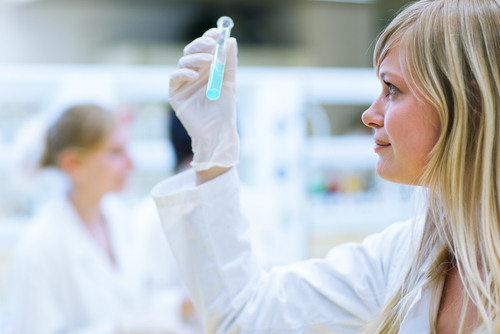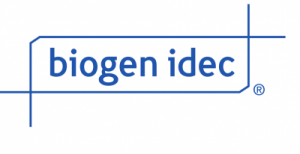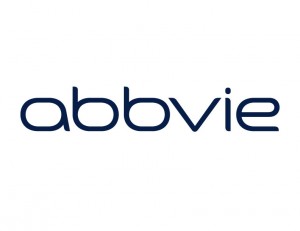Biogen Idec, AbbVie Show Superiority of Daclizumab High Yield Process in RRMS
Written by |

 Biogen Idec, who recently presented over 60 company-sponsored presentations at the Consortium of Multiple Sclerosis Centers and the Sixth Cooperative Meeting with Americas Committee for Treatment and Research in Multiple Sclerosis, and AbbVie announced the success of their Phase 3 clinical trial DECIDE. The trial established that the companies’ daclizumab high-yield process (DAC HYP) is superior to the prominent therapy interferon beta-1a for treating the most common form of multiple sclerosis, relapse-remitting.
Biogen Idec, who recently presented over 60 company-sponsored presentations at the Consortium of Multiple Sclerosis Centers and the Sixth Cooperative Meeting with Americas Committee for Treatment and Research in Multiple Sclerosis, and AbbVie announced the success of their Phase 3 clinical trial DECIDE. The trial established that the companies’ daclizumab high-yield process (DAC HYP) is superior to the prominent therapy interferon beta-1a for treating the most common form of multiple sclerosis, relapse-remitting.
“The positive results in the DECIDE study represent achievement of an important milestone in the development of DAC HYP as a potential new treatment option for MS patients,” said Michael Severino, MD, executive vice president of Research and Development and chief scientific officer at AbbVie, in a press release. “Together, the companies are committed to working with regulatory agencies on filing plans for DAC HYP.”
DECIDE was designed to compare DAC HYP to interferon beta-1a treatment over a two to three year period. More than 1,800 relapse-remitting multiple sclerosis patients enrolled and were split into two groups. One group received subcutaneous injections of DAC HYP every four weeks, and the other group received intramuscular injections of interferon beta-1a every week. Reduction in annualized relapse rate was the primary endpoint. The number of new or newly enlarging T2-hyperintense lesions, the proportion of patients with sustained disability progression, and the proportion of relapse-free patients were second endpoints.
Remarkably, a statistically significant, 45% reduction in annualized relapse rate was seen in patients receiving DAC HYP injections compared to patients receiving interferon beta-1a injections. Patients receiving DAC HYP also saw a 54% reduction in newly enlarging T2-hyperintense lesions after 9 weeks relative to patients receiving interferon beta-1a, which was statistically significant. While not statistically significant, a 16% reduction in the risk of three month confirmed disability progression was enjoyed by DAC HYP patients relative to interferon beta-1a patients.
[adrotate group=”4″]
“The results of the DECIDE study are compelling, with DAC HYP demonstrating robust efficacy compared to a current standard of MS care,” said Gilmore O’Neill, vice president of Global Neurology Clinical Development at Biogen Idec. “As a potential once-monthly therapy with a novel mechanism of action, we believe that, if approved, DAC HYP will be an important treatment option for people living with MS.”
DAC HYP is a humanized monoclonal antibody that binds to the receptor unit expressed by abnormal T-cells in multiple sclerosis, CD25. It acts by modulating pro-inflammatory interleukin-2 signaling, decreasing abnormally-activated T-cells, and increasing natural killer cells, which regulate the immune system.
The efficacious modulatory action of DAC HYP was accompanied by a safety profile comparable to interferon beta-1a, but the incidence of serious infections and serious cutaneous reactions and an elevation of liver enzymes was seen more often with DAC HYP treatment.
Biogen Idec and AbbVie are planning to file forms with regulatory agencies to further develop DAC HYP. They will release more detailed DECIDE results at upcoming medical conferences.



